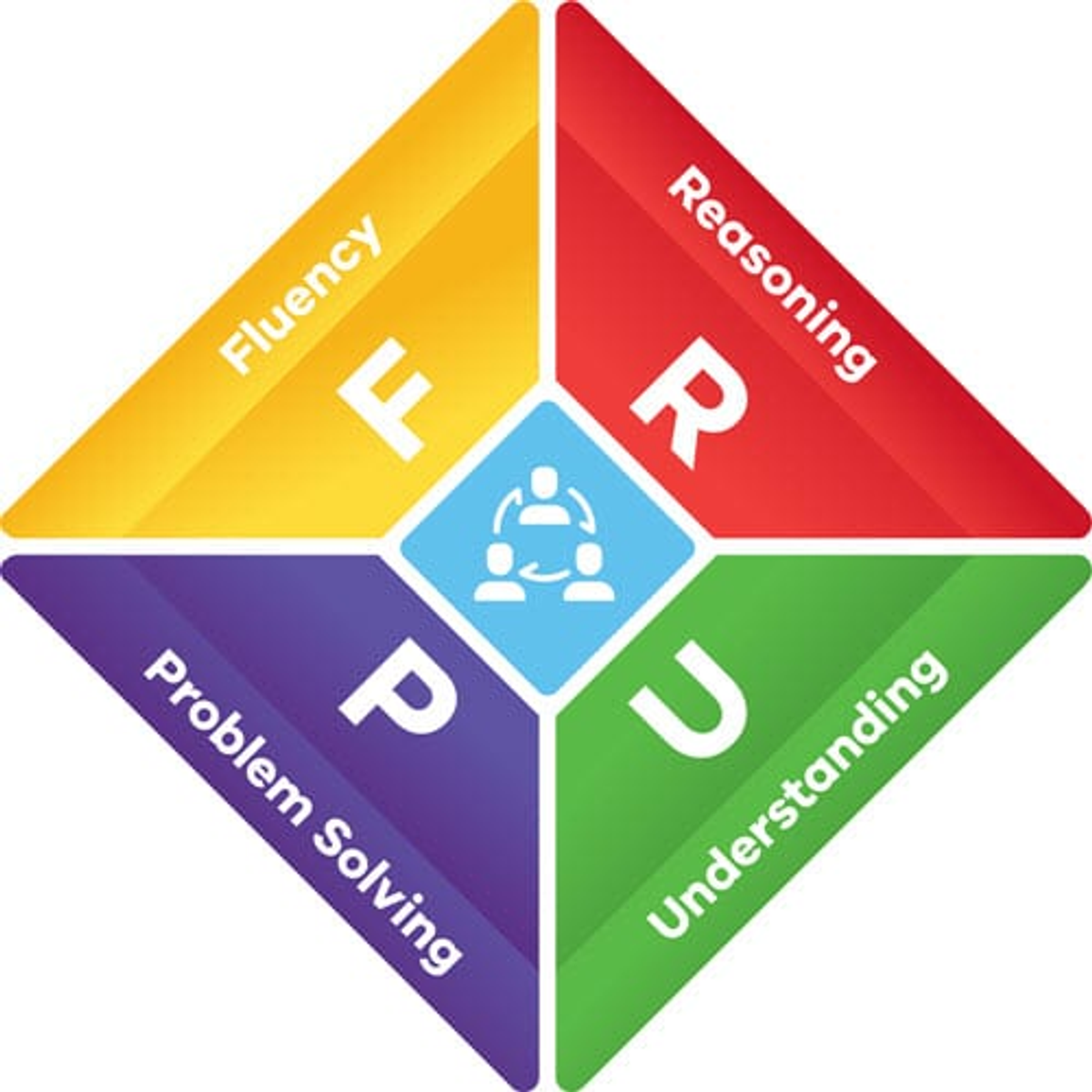Assistant Principals' Report

Dear HPS Community,
Welcome to our newsletter item for this week.
Victorian Curriculum 2.0
Please see parent information regarding recent changes to the Victorian Curriculum related to Mathematics. Thank you to Nicola Colgate-Jones, Learning Specialist for leading our staff, along with the School Improvement Team in the implementation.
This year the HPS staff will be implementing the Mathematics Curriculum 2.0 from Foundation to Year 6. The new curriculum is designed to give students the best opportunity to thrive in a world of increasing change and rapid technological advancement.
The content is now separated into 6 strands (Number, Algebra, Measurement, Space, Statistics and Probability), where previously content was structured into 3 strands and 13 sub-strands. This enables teachers and students a greater scope to make connections across different areas of mathematics.
The Four Maths Proficiencies of Understanding, Fluency, Reasoning and Problem Solving are now embedded, which provides teachers with a clearer picture of how proficiency in Mathematics can empower and enable students to respond to situations by employing mathematical processes to solve problems efficiently, making informed decisions, reflecting on and evaluating approaches.
Understanding
Understanding refers to students building a robust knowledge of adaptable and transferable mathematical concepts and structures. They develop an understanding of the relationship between the ‘why’ and the ‘how’ of mathematics.
Students build understanding when they:
- connect related ideas
- represent concepts in different ways
- identify commonalities and differences between aspects of content
- describe their thinking mathematically
- interpret mathematical information
Fluency
Fluency describes students' developing skills in choosing appropriate procedures, carrying out procedures flexibly, accurately, efficiently and appropriately, and recalling factual knowledge and concepts readily.
Students are fluent when they:
- make reasonable estimates
- calculate answers efficiently
- recognise robust ways of answering questions
- choose appropriate methods and approximations
- recall definitions and regularly use facts
- can manipulate expressions and equations to find solutions
Reasoning
Reasoning students develop an increasingly sophisticated capacity for logical thought and actions, such as analysing, proving, evaluating, explaining, inferring, justifying and generalising. Reasoning is at the heart of the four mathematical proficiencies.
Students are reasoning mathematically when they:
- explain their thinking
- deduce and justify strategies used and conclusions reached
- transfer learning from one context to another
- prove that something is true or false and when they compare and contrast related ideas and explain their choices
Problem Solving
Problem Solving is the ability of students to make choices, interpret, formulate, model and investigate problem situations, select and use technological functions and communicate solutions effectively.
Students pose and solve problems when they:
- use mathematics to represent unfamiliar or meaningful situations
- design investigations and plan their approaches
- apply their existing strategies to seek solutions
- verify that their answers are reasonable
During 2024, teachers collaborated in year level teams to build understanding of the changes by unpacking the new curriculum and planning for how it would impact our teaching and learning programs and student learning experiences. As a teaching staff, we updated our scope and sequence of learning to reflect the improvements and adjustments. Our purpose is to ensure we are catering to all of our learners and continuing to strive towards our goal of optimising student learning, experiences and growth.
This year, we will focus our work on the English 2.0 curriculum and prepare for the implementation into 2026.
As we start our implentation of the Department of Education's new approach to teaching reading to Foundation to Year 2 students, we are reviewing our take home reading programs. Monique Rankin, Assistant Principal and Stef Galvin, Learning Specialist, will be conducting an information session for Foundation parents and carers. Although a lot of the information will be specifit to Foundation students, all parents and carers are welcome to attend. Please note: This session will be recorded and available via Compass at a later date - stay tuned!
Details as follows:
We will be conducting a Foundation parent information session to present our take home reading program and home learning policy in 2025. This will include how you can support at school in classrooms and at home with your child.
We will also discuss the recent changes to the Victorian Curriculum, including our approach to explicit, systematic phonics in our Foundation classrooms.
Please join us for a chat and some light refreshments - we would love to see everyone who is available!
When? Friday, 28th February at 9:15-10:30
Where? School Aged Care building, follow the signs from the Foundation classrooms.
To RSVP, please follow prompts in link provided: https://www.trybooking.com/CZHTV **this event is free, no cost associated
Have a lovely week ahead.
Helen Thomas & Monique Rankin
Assistant Principals
Heidelberg Primary School

